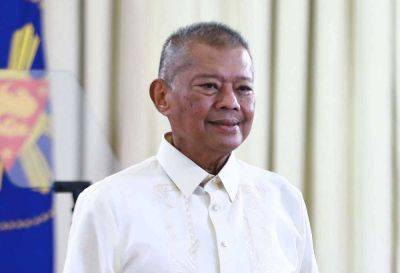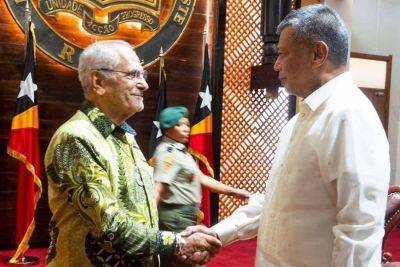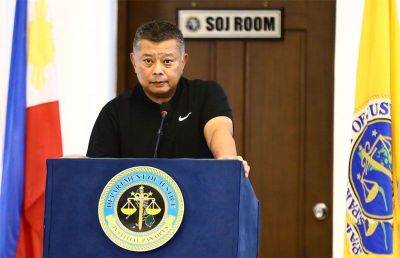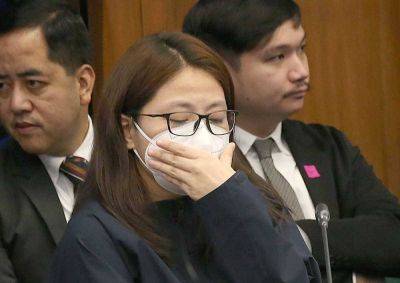Remulla, Timor-Leste president discuss Teves case, POGOs
Justice Secretary Jesus Crispin Remulla met with Timor-Leste President José Ramos-Horta on Oct. 1 to discuss diplomatic and security issues, including the risks involving Philippine offshore gaming operators (POGOs) and the extradition of expelled lawmaker Arnolfo Teves Jr.
Remulla, reportedly on a “state visit” to Timor-Leste, conveyed a message from President Marcos to Timorese officials that the Philippines has officially banned POGOs due to crime-related issues, regulatory evasion and potential threats to public safety.
He warned officials about reports indicating that Timor-Leste was one of the possible relocation sites for POGO operations.
“Given the shared Catholic heritage and values of both the Philippines and Timor-Leste, the Philippine government deemed it essential to inform Timor-Leste of the potential socio-economic and security challenges posed by allowing POGOs to operate within its borders,” Remulla said in a statement.
The DOJ chief encouraged Timor-Leste to “critically examine” the broader implications of welcoming POGOs and how these might affect its domestic affairs.
The discussion also addressed the case of former Negros Oriental representative Teves, who is facing multiple charges in the Philippines.
Remulla expressed hope that Timor-Leste will continue cooperating in returning Teves to the Philippines to face justice.
“This case is about delivering justice under the rule of law and ensuring that those responsible for these heinous crimes are held accountable. We continue to respect the sovereignty and legal processes of Timor-Leste, but we are steadfast in our resolve to pursue justice for the victims in the Philippines,” he said.
The visit also touched on matters concerning national security, international cooperation and involved sensitive diplomatic exchanges that remain confidential to safeguard the integrity of the meeting.
The DOJ said the discussions between the two governments “demonstrated the shared commitment to fostering closer cooperation and addressing critical issues affecting both nations.”
“The Department of Justice recognizes the importance of such engagements in strengthening diplomatic ties and enhancing national







